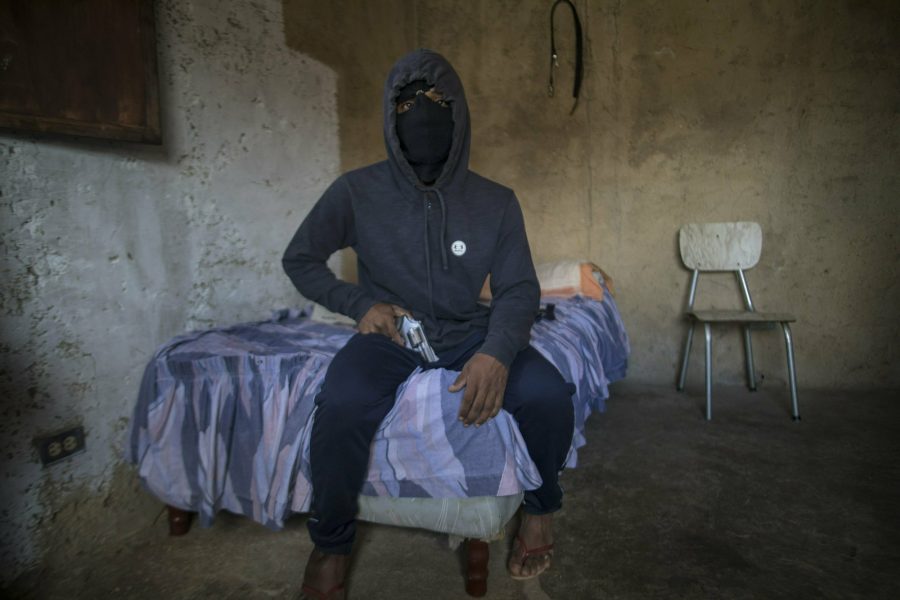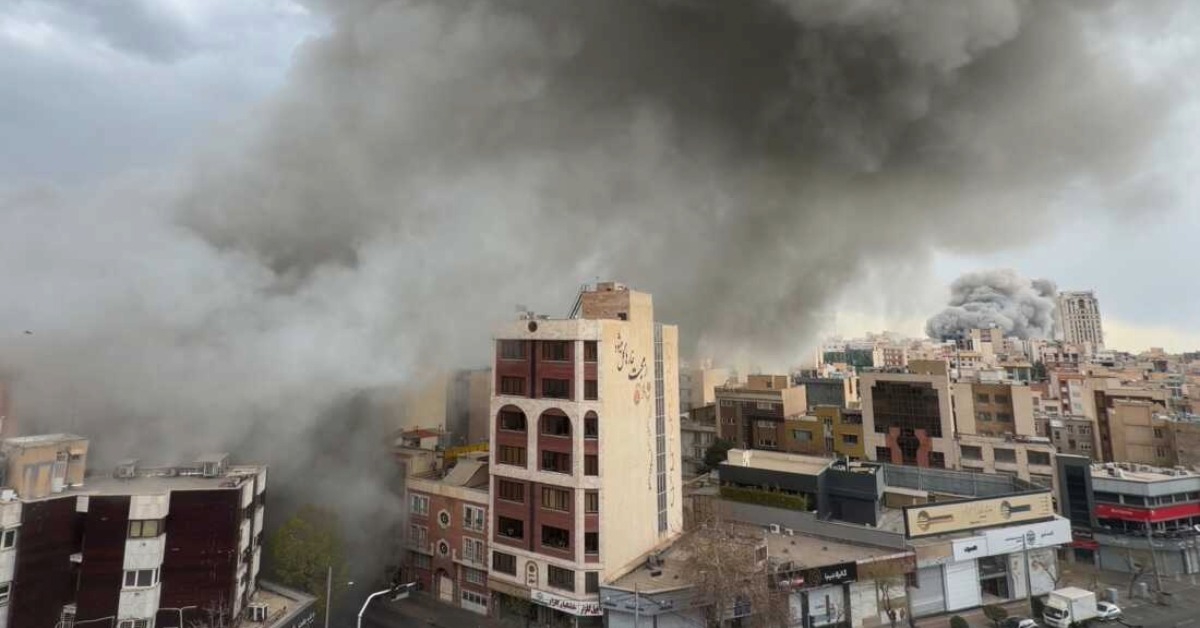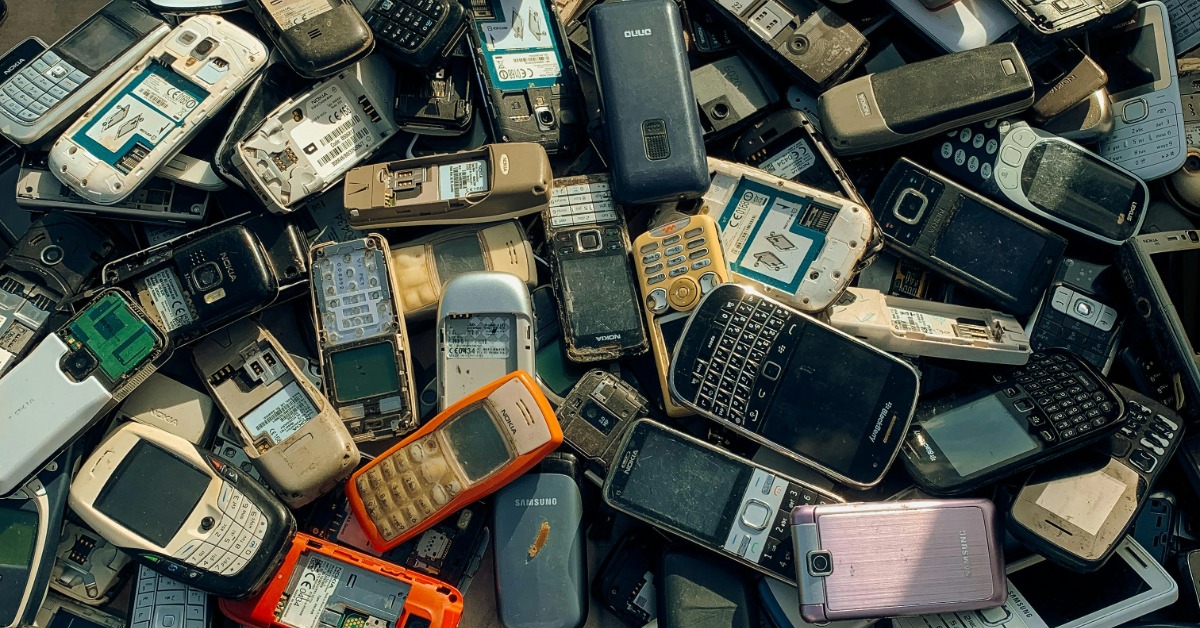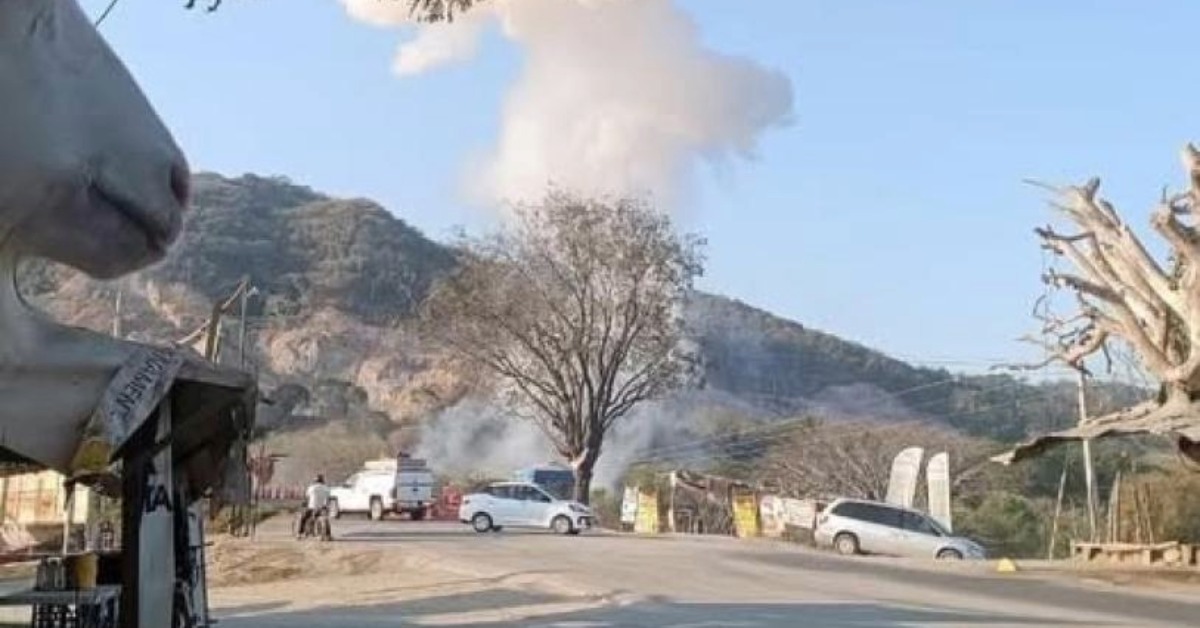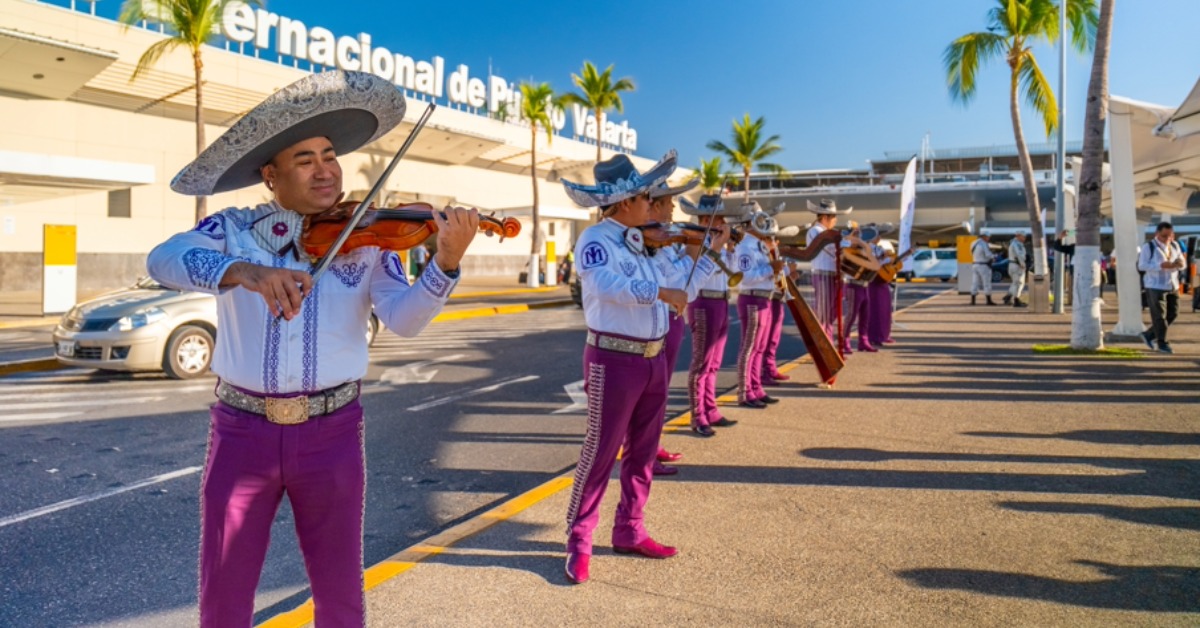The feared street gangster El Negrito sleeps with a pistol under his pillow and says he’s lost track of his murder count. But despite his hardened demeanor, he’s quick to gripe about how Venezuela’s failing economy is cutting into his profits.
Firing a gun has become a luxury. Bullets are expensive at $1 each. And with less cash circulating on the street, he says robberies just don’t pay like they used to.
For the 24-year-old, that has all given way to a simple fact: Even for Venezuelan criminals, it’s become harder to get . . .


